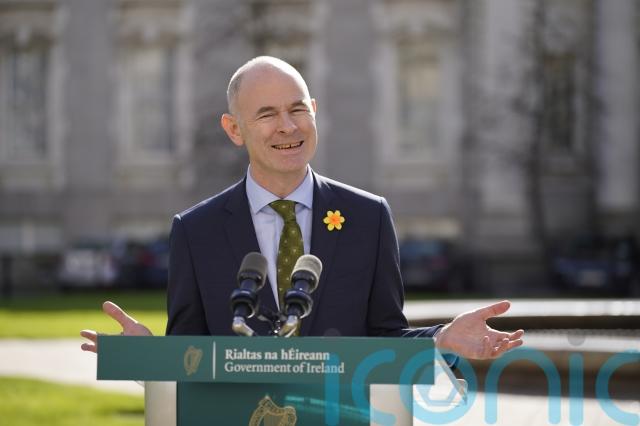
Disposable cups, plates and cutlery will be banned from most public service buildings under a new public sector mandate agreed by Cabinet aimed at halving emissions by 2030.
The mandate set out a range of actions the public sector would take, including promoting the use of bicycles and shared mobility options, phasing out the use of parking in buildings that had access to good public transport, and procuring only zero-emission vehicles where possible.
The mandate also called for the elimination of paper-based processes as far as was practical; the phasing out of fossil fuel heating systems from 2023; specifying low-carbon construction methods and low-carbon cement material as far as practicable for directly procured or supported construction projects from 2023, and the establishment and resourcing of green teams and reporting on progress in annual reports.
The mandate would apply to all public sector bodies covered by Climate Action Plan decarbonisation targets, except for local authorities, commercial semi-state bodies and schools.
The cutlery, plates and cups mandate would not apply to clinical and healthcare environments.
Minister for the Environment Eamon Ryan said the mandate would ensure that all Government departments and main State agencies would “play their part”.
He was speaking at Tom Johnson House, which is undergoing renovations at a cost of 36 million euro, including the installation of heat pumps.
He said the overall cost of the multi-decade process to retrofit all public buildings would cost up to nine billion euro.

Asked about timelines under the new mandate, Mr Ryan said: “The timeline is now. This building has been (upgraded) as an example.
“The Department of Environment’s own headquarters will move in November.
“So we have to act now. This is the decade where we have to change.”
The building, which will also house the National Cyber Security Centre, is doubling its capacity to accommodate 500 employees but parking will only be provided for 10% of staff.
Minister for Public Procurement, eGovernment and the Circular Economy Ossian Smyth said this level of parking was “absolutely normal” in the private sector and was what people had come to expect in the city centre.
Mr Smyth said: “We are leading by example and there’s two good reasons for that.
“One is that you can’t persuade people or inspire people to do something if you’re not doing it yourself.
“And the second reason is to get experience so you’re not making policies about things you’ve never actually done yourself.”
Mr Ryan said there would not be a “punitive” approach to the allocation of parking spaces and stressed it was about providing better alternatives through public transport.
“Its not going to be so restrictive that people can’t get to work,” he said.
“But the world has changed, the average in our department now, I think, is two days a week people are coming in.”
Asked about exceptions for schools, commercial semi-states and local authorities under the public sector mandate, Mr Ryan said there was a separate legal requirement for councils to develop a low-carbon plan.
“No-one can opt out and say climate targets don’t count for us – they actually apply to everyone,” he said.
The Sustainable Energy Authority of Ireland’s Annual Report 2022 on Public Sector Energy Performance showed that public sector bodies were now 31.5% more energy efficient than in 2009, saving 2.2 billion euro in the process.
Separately, Mr Ryan said it was appropriate for the temporary reduction in excise duty on motor fuels to be phased out.
“We set out clearly that is what we would do. That would give us the capability if we were in another further crisis, the flexibility to use similar measures,” he said.
He added that there was a need for a broad stable base for Exchequer revenue for social welfare, education and health.
“We will look again at the Budget, as we did in last year’s Budget, as to what protections we put in place to shelter people who really are being hit badly by it,” he said.
Subscribe or register today to discover more from DonegalLive.ie
Buy the e-paper of the Donegal Democrat, Donegal People's Press, Donegal Post and Inish Times here for instant access to Donegal's premier news titles.
Keep up with the latest news from Donegal with our daily newsletter featuring the most important stories of the day delivered to your inbox every evening at 5pm.